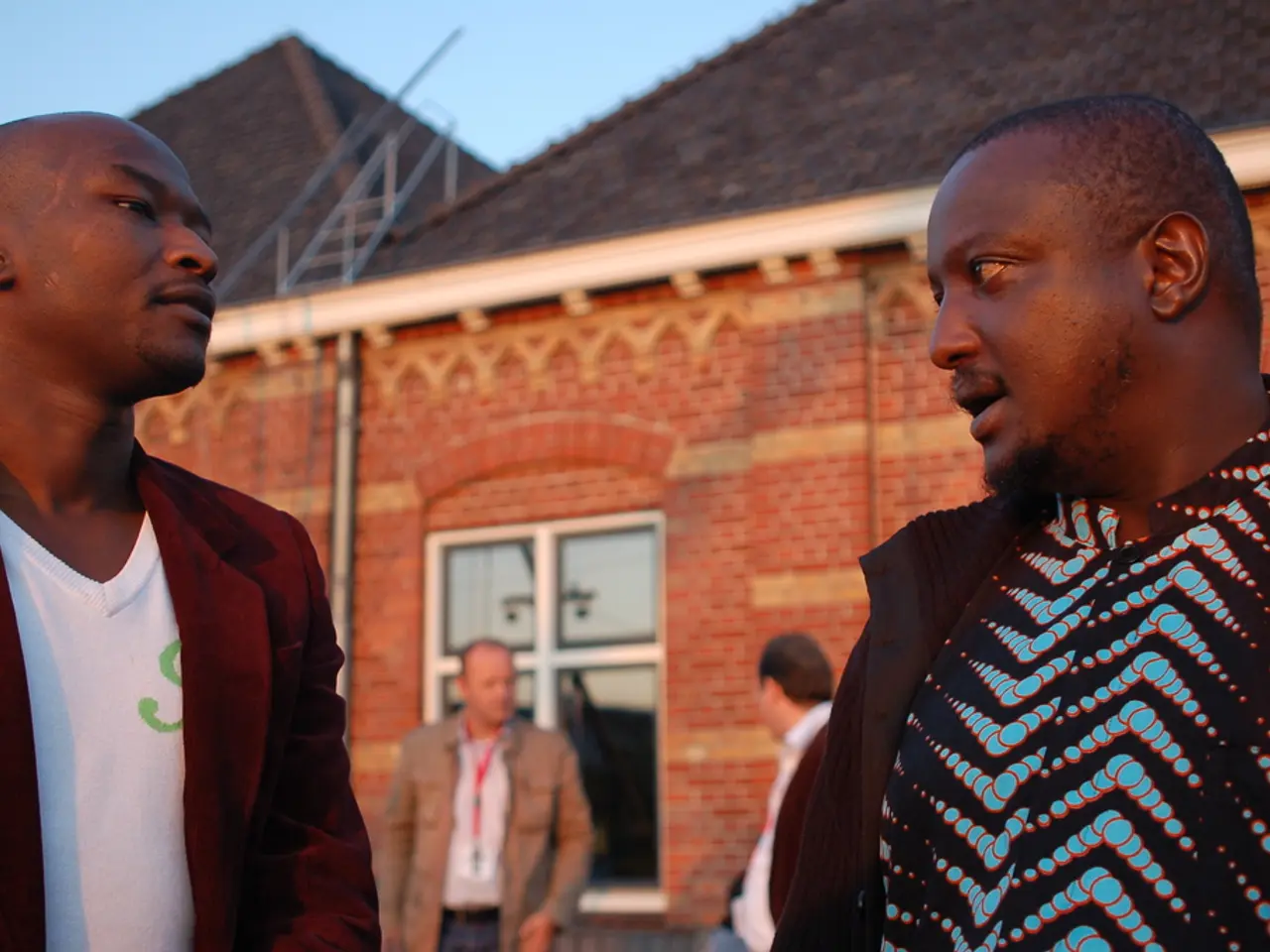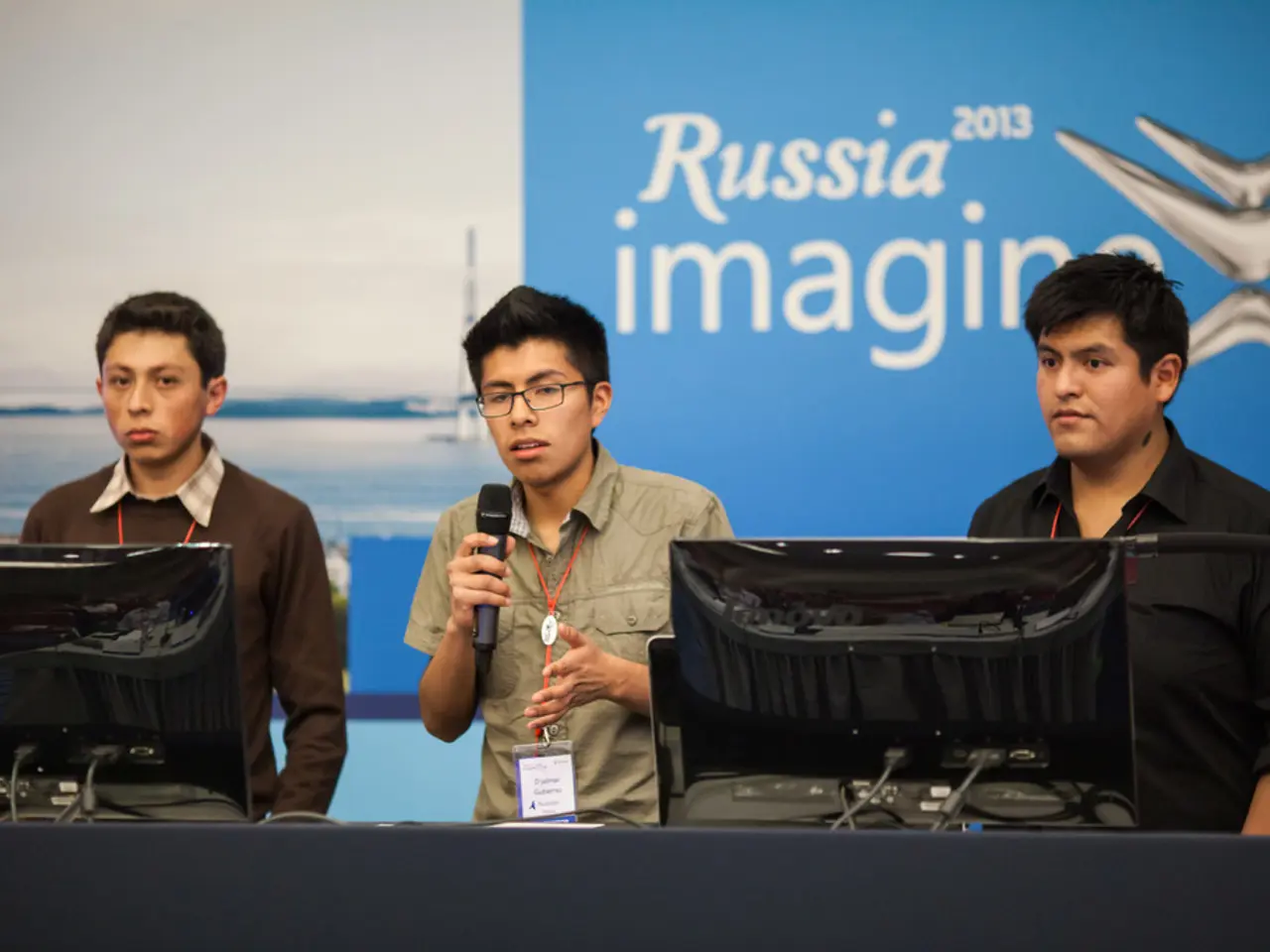Reconstructing a Metropolis Ravaged by Conflict: Insight and Strategy
In a recent episode of the Urban Warfare Project Podcast, retired Colonel Leonard DeFrancisci shared insights from his experience leading a civil affairs detachment during the Second Battle of Fallujah, offering valuable lessons for the challenge of rebuilding Ukrainian cities devastated by the ongoing conflict.
The podcast, a return to an Urban Warfare Project Podcast episode originally recorded in 2021, is accessible via various podcast platforms, including Apple Podcasts, Stitcher, Spotify, TuneIn, or your favorite podcast app. Host John Spencer is joined by Colonel DeFrancisci to discuss the special capabilities civil affairs forces bring to postconflict situations.
During the Second Battle of Fallujah, Colonel DeFrancisci led a coalition effort to rebuild the city after intense fighting and significant destruction. From this experience, several crucial insights emerged that are particularly relevant today as they will be important when the challenge of rebuilding Ukrainian cities comes.
One key lesson is the importance of civilian-centric strategies. The battle highlighted the need to protect civilians and restrain military forces to avoid undermining long-term stability. In Fallujah, widespread infrastructure destruction and the displacement of residents complicated reconstruction and long-term peacebuilding.
Another lesson is that reconstruction must address not only infrastructure damage but also population displacement. The rehabilitation of damaged infrastructure and housing, alongside support for displaced populations' return, is critical for sustainable stability.
Military success alone is insufficient without political and economic solutions. Fallujah’s capture did not prevent insurgent recapture, illustrating that military force must be paired with political reconciliation and economic development for sustainable stability.
Coordinated multi-sector collaboration is vital. Partnerships among government, civil society, private sector, academia, and donors are necessary to support sustainable livelihoods, housing rehabilitation, and legal assistance for displaced populations. The United Nations’ continued work in Iraq showcases the importance of such partnerships.
Avoiding counterproductive policies, such as abrupt de-Ba'athification, is critical. The Iraq occupation's de-Ba'athification policy led to security and governance challenges by removing experienced officials without adequate replacements, suggesting careful management of political transitions during rebuilding.
Applying these lessons to post-conflict reconstruction in Ukraine suggests the importance of prioritizing civilian protection and involvement in rebuilding processes, addressing the rehabilitation of damaged infrastructure and housing, fostering inclusive political reconciliation, encouraging economic revitalization, and ensuring international and local coordination among stakeholders for effective, context-sensitive recovery efforts.
Rebuilding Ukraine's cities post-conflict should integrate military restraint during operations, protect civilians, promote political inclusivity, rebuild infrastructure holistically, and ensure economic and social dimensions are jointly addressed, reflecting lessons distilled from Fallujah’s complex experience.
If you find the Urban Warfare Project Podcast informative and engaging, it is encouraged to leave a review or give it a rating. To follow the podcast, it is recommended to subscribe to the Urban Warfare Project Podcast. The podcast episode can be listened to below.
- The insights gained from Colonel Leonard DeFrancisci's experiences in urban warfare, such as the importance of civilian-centric strategies and the need for coordinated multi-sector collaboration, can be applied to the ongoing war-and-conflicts in places like Ukraine and are crucial for effective post-conflict reconstruction and the prevention of subsequent warfare.
- In light of the lessons learned from urban warfare conflicts like the Second Battle of Fallujah, it is crucial for the politics, general news, and overall decision-making process regarding rebuilding urban areas hit by warfare to prioritize the integration of military restraint, protection of civilians, promotion of political inclusivity, rebuilding of infrastructure holistically, and addressing the economic and social dimensions jointly, as this approach will lead to sustainable and context-sensitive recovery efforts.








